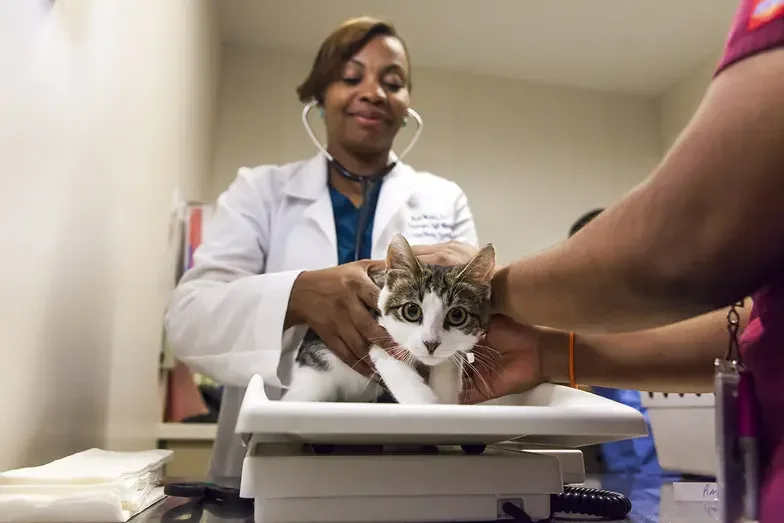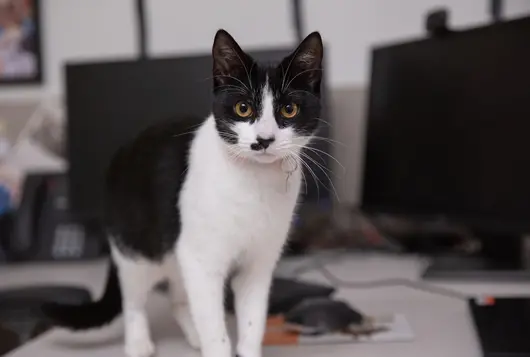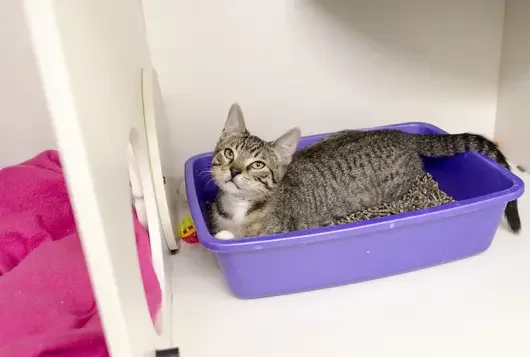Top Tips For Treating Feline Intoxications

When it comes to problematic ingestions dogs are the usual suspects, but the ASPCA Animal Poison Control Center advises not to forget about cats.
Felines may have more discerning tastes, but there are important things to know about cats when it comes to toxicities.
Know Your Lilies
Easter lily, day lily, calla lily, peace lily—there are many different types of lilies and they don’t all present the same concerns. True lilies (Lilium sp, Hemerocallis sp) can cause acute renal injury while Calla (Zantedeschia sp) and Peace (Spathiphyllum sp) lilies will cause oral irritation and gastrointestinal upset.
Cats Are Not Small Dogs
- For inducing emesis avoid hydrogen peroxide and apomorphine. While these may be highly effective emetics in dogs, they don’t work so well in cats. A cat’s chemoreceptor trigger zone (CRTZ) largely has alpha 2 receptors so drugs like xylazine or dexmedetomidine are more likely to work. Even with the right drug however, on average cats only vomit about 60% of the time.
- Cats, unlike dogs, are not sensitive to xylitol. In dogs who ingest xylitol we see a large release of insulin leading to hypoglycemia and, by an unknown mechanism, liver injury. When cats were fed xylitol hypoglycemia and liver injury was not reported.
- Cats are more sensitive to onions and garlic than dogs. Hemolytic anemia and methemoglobinemia are possible if a cat ingested 5g/kg or more of onions, but for dogs they would need to eat 3-6 times that amount before hematologic changes may be a concern.
- Small things come with big problems. Due to their unique physiology, cats are more sensitive to a number of toxins as compared to dogs.
- Due to their inability to glucuronidate, cats are at risk for methemoglobinemia with exposure to acetaminophen at much smaller doses as compared to dogs.
- They are also about 6-8x as sensitive to bromethalin as compared to dogs.
- When it comes to overdoses of NSAIDs, once again cats are more sensitive whether it be carprofen, ibuprofen, diclofenac or meloxicam.
Permethrin, Permethrin, Permethrin
Besides lilies, concentrated permethrin containing flea products (particularly dog spot-on products) remain a common feline toxicant. Remind pet owners that if product has a cat with a big X through it, is not merely a suggestion—it’s an absolute no.
Make sure any flea products sent home with pet owners are not only well labeled, but thorough instructions on how to appropriately administer the product have also been provided.
Sudden Seizures
Finding the cause of sudden seizures in previously healthy cats may require a neurology or internal medicine work-up, but there are a few times when the cause may be related to a toxic exposure.
Before recommending any extended diagnostics, make sure to check the common toxic causes of seizures to see if a toxin could be the cause of the seizures.
We have lots more on this subject:




